In the summer of 2014, a World War II veteran sneaks out of his care home to attend the 70th anniversary commemoration of the D-Day landings in Normandy. The Great […]
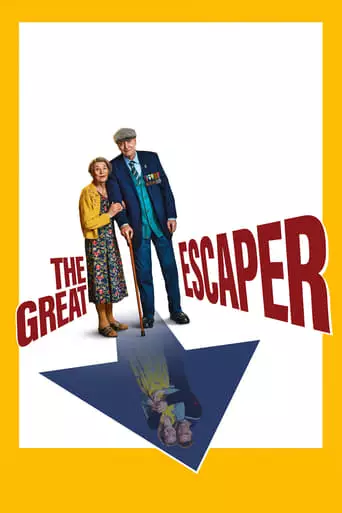
In the summer of 2014, a World War II veteran sneaks out of his care home to attend the 70th anniversary commemoration of the D-Day landings in Normandy. The Great […]

A cinema remake of the classic sitcom Dad’s Army (1968). The Walmington-on-Sea Home Guard platoon deal with a visiting female journalist and a German spy as World War II draws […]
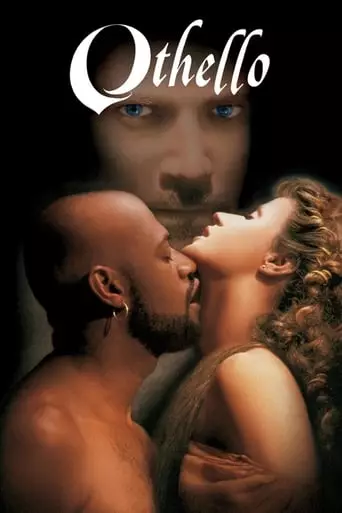
The evil Iago pretends to be friend of Othello in order to manipulate him to serve his own end in the film version of this Shakespeare classic. Othello (1995) is […]
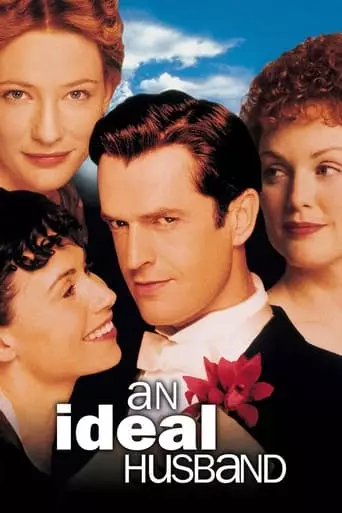
Sir Robert Chiltern is a successful government minister, well-off and with a loving wife. All this is threatened when Mrs Cheveley appears in London with damning evidence of a past […]
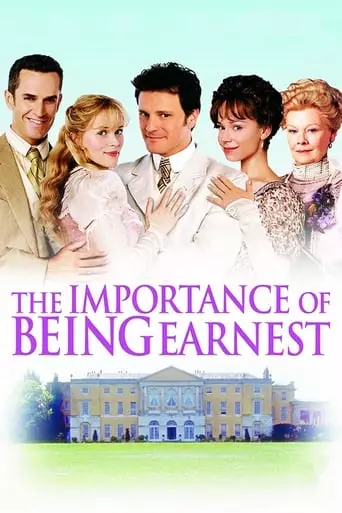
Two young gentlemen living in 1890s England use the same pseudonym (Ernest) on the sly, which is fine until they both fall in love with women using that name, which […]
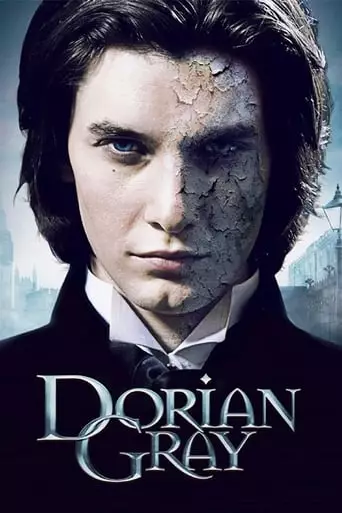
Seduced into the decadent world of Lord Henry Wotton, handsome young aristocrat Dorian Gray becomes obsessed with maintaining his youthful appearance, and commissions a special portrait that will weather the […]
Oliver Parker: A Modern Craftsman of Literary Adaptations and Eclectic Cinema
Oliver Parker, a British director, screenwriter, and actor, has built a distinguished career by bringing classic literature to life on the silver screen while also delving into a variety of genres. Known for his deft handling of period dramas, comedies, and thrillers, Parker’s work reflects a deep respect for storytelling and an ability to blend tradition with contemporary sensibilities.
Early Life and Career Beginnings
Oliver Parker was born on September 6, 1960, in London, England. He grew up in a creative environment, with his brother Nathaniel Parker also achieving fame as an actor. Oliver initially pursued acting, appearing in films and television shows, but soon transitioned to directing and screenwriting, where he found his true calling.
Directorial Debut and Breakthrough
Parker made his directorial debut with Othello (1995), an ambitious adaptation of William Shakespeare’s tragedy. Starring Laurence Fishburne as Othello and Kenneth Branagh as the scheming Iago, the film was notable for its cinematic interpretation of Shakespeare’s language and themes. Parker’s approach made the classic text accessible to modern audiences while preserving its emotional intensity.
The film received critical acclaim, particularly for its performances and Parker’s ability to balance the complexities of the source material with the demands of visual storytelling.
Literary Adaptations and Period Dramas
Parker’s career has been defined by his love for adapting literary works, particularly those of Oscar Wilde.
An Ideal Husband (1999)
In this adaptation of Wilde’s play, Parker assembled an all-star cast, including Rupert Everett, Cate Blanchett, and Julianne Moore. The film’s witty dialogue and sumptuous production design captured the essence of Wilde’s satire on politics and morality. It was both a critical and commercial success, showcasing Parker’s skill in translating stage works to the screen.
The Importance of Being Earnest (2002)
Parker revisited Wilde’s oeuvre with The Importance of Being Earnest, a playful romantic comedy starring Rupert Everett, Colin Firth, and Reese Witherspoon. While some critics debated the film’s modern touches, it was widely praised for its charm and the performances of its cast. Parker’s direction emphasized the timeless humor and romantic entanglements that have made Wilde’s work enduringly popular.
Dorian Gray (2009)
Parker took a darker turn with Dorian Gray, an adaptation of Wilde’s The Picture of Dorian Gray. Starring Ben Barnes and Colin Firth, the film explored themes of vanity, corruption, and immortality. Parker’s atmospheric direction brought a Gothic edge to the story, though the film’s contemporary flourishes sparked mixed reviews.
Venturing into Comedy and Other Genres
Beyond literary adaptations, Parker has demonstrated a flair for comedy and eclectic storytelling.
St. Trinian’s Series (2007, 2009)
Parker co-directed St. Trinian’s and its sequel, St. Trinian’s 2: The Legend of Fritton’s Gold, reviving the iconic British comedy franchise about a misfit group of schoolgirls. The films, featuring Rupert Everett and Colin Firth, embraced their anarchic spirit and became box-office hits, particularly in the UK.
Johnny English Reborn (2011)
Parker directed Johnny English Reborn, the second installment in the spy-comedy series starring Rowan Atkinson. The film was a commercial success, blending slapstick humor with James Bond-style antics, and showcased Parker’s ability to handle large-scale productions with comedic precision.
Directorial Style and Approach
Oliver Parker’s films are marked by:
Literary Fidelity with a Modern Twist: Whether adapting Shakespeare or Oscar Wilde, Parker remains faithful to the essence of the original works while incorporating contemporary cinematic techniques.
Character-Driven Narratives: His films often focus on the intricacies of relationships, morality, and identity, brought to life by strong performances.
Visual Elegance: Parker’s period dramas are known for their meticulous attention to detail, from costumes to production design, creating immersive historical settings.
Recent Work and Legacy
In recent years, Parker has continued to explore new genres and storytelling opportunities. His ability to adapt classic works while entertaining modern audiences has earned him a unique place in contemporary cinema.
While not always in the spotlight, Oliver Parker’s career exemplifies the value of craftsmanship and versatility in filmmaking. His contributions to literary cinema, particularly his celebrated Oscar Wilde adaptations, remain a testament to his skill as a director who bridges the gap between tradition and modernity.
Conclusion
Oliver Parker’s filmography reflects a director unafraid to tackle complex source material and diverse genres. From the wit and wisdom of Oscar Wilde to the comedic escapades of Johnny English, Parker’s work is united by its commitment to storytelling and its ability to connect with audiences across generations.
For lovers of classic literature and finely crafted cinema, Oliver Parker’s films offer a rich tapestry of humor, drama, and timeless themes, ensuring his legacy as one of Britain’s most accomplished and versatile directors.